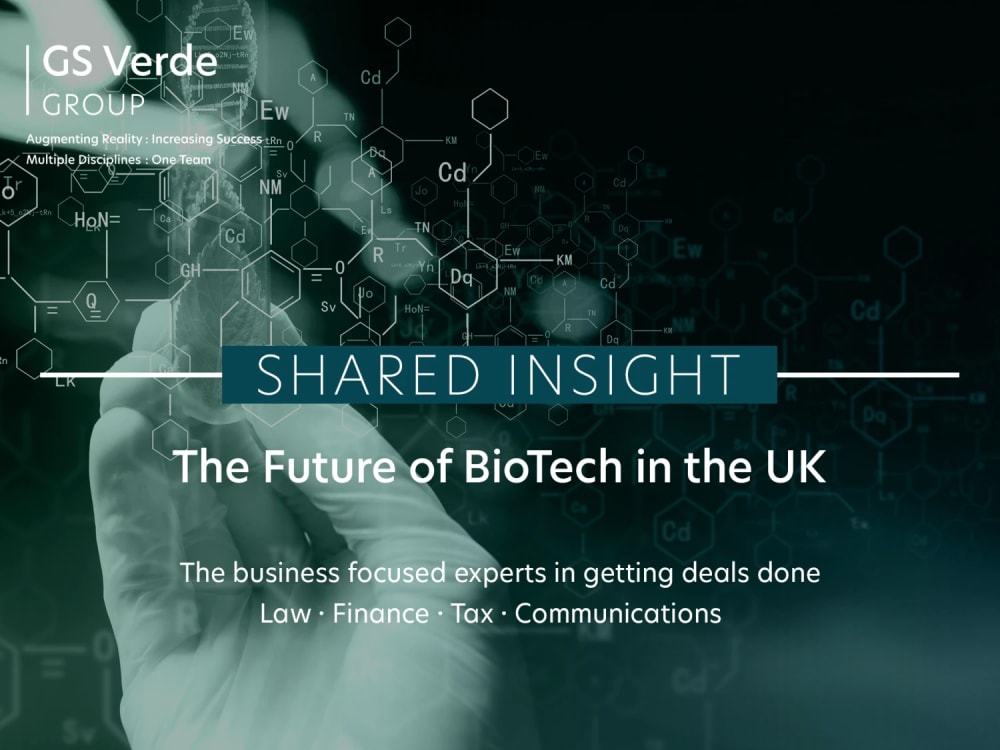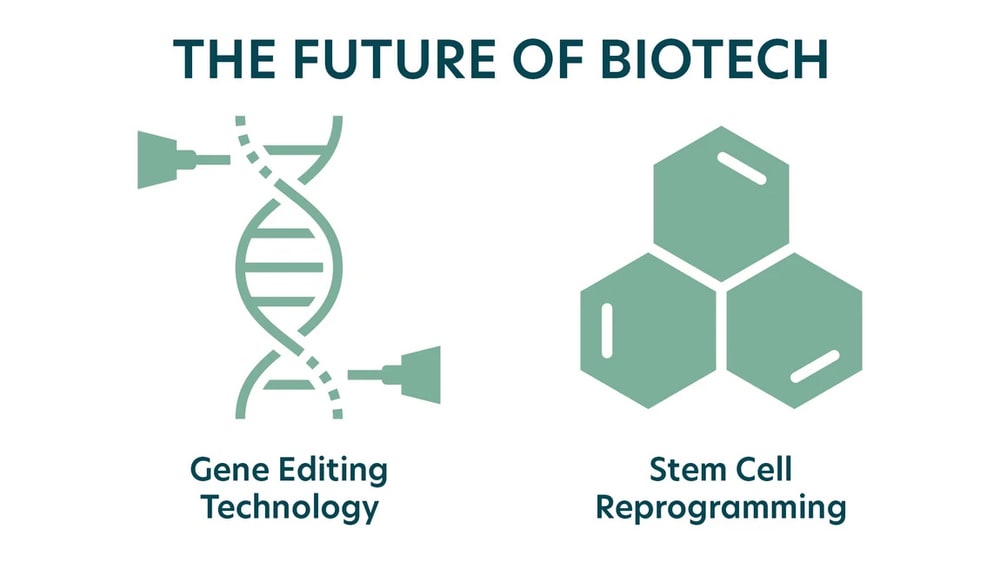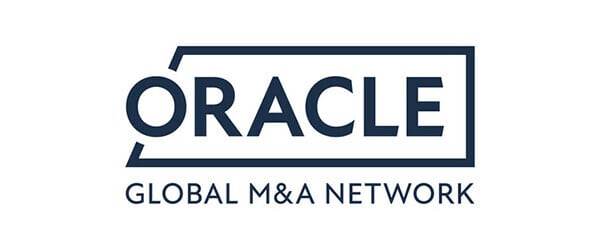
posted 29th February 2024
In the last decade, the UK has emerged as a prominent figure for developing biotechnology, especially in Europe. One of the most notable successes of late for the UK's BioTech sector was AstraZeneca's development of the COVID-19 vaccine. The urgency to create a vaccine against COVID-19 pinpointed how vital a role BioTech played in medicine and has arguably encouraged a mass of recent investment in the sector.
What is BioTech?
BioTech is simply technology that is based on biology. It primarily uses biological components and processes to enhance or develop technology or products with the purpose of enhancing our lives. Whilst it is best known for improving the development of new medicines and vaccines, BioTech is widely used in agriculture to improve crop yields.
Although BioTech is a relatively new term for describing the process of creating products and technology inspired by natural processes, humans have been doing this for centuries - you only need to think about the role biology plays in the creation of bread and cheese!
What's fuelling BioTech's growth in the UK?
The development of the COVID-19 vaccine by AstraZeneca and the University of Oxford, highlighted that collaborative work between private companies and university research is key in creating innovative technologies, particularly when it comes to developing treatments for illnesses & diseases.
Since the COVID-19 pandemic, the British Government has cemented their dedication towards encouraging inter-organisation collaboration and developing innovative technologies, by raising the Higher Education Innovation Fund (HEIF) budget by an additional £30 million to total £260 million for 2024.

It can also be reasonably assumed that the pandemic highlighted the need to invest in BioTech & Biopharmaceuticals to find cures for other life-threatening conditions. In 2021, private and public investment in the sector peaked at £4.5billion, which was over £1.7billion more than the previous year. Whilst investment in the sector has faced a slight decrease since then, the pandemic's impact in promoting the importance of growing the sector in the UK has been undeniable.

What is the future of BioTech?
The future of BioTech is proving especially bright as the medical field is highly dependent on the development of new biotechnologies. Our investment experts have identified two key areas of the sector that we believe will have significant growth in the next five years.

- Gene Editing Technology
Gene editing technology, which is sometimes referred to as gene therapy, involves modifying genetic material by inserting, replacing, or erasing a DNA sequence. Understandably this technology is an exciting prospect particularly for finding cures to hereditary and degenerative health conditions.
AviadoBio is one such company that is creating gene editing treatments for diseases such as amyotrophic lateral sclerosis (ALS) and Alzheimer's disease. Their work is built upon the research on neurodegenerative conditions by King's College London and UK Dementia Research Institute. Despite only being founded in 2019, the company has secured over £117 million in equity investments, including a sizable investment from the Johnson & Johnson Innovation project.
Gene editing is not just limited to medicine. It also has huge potential in agriculture too, as it can be used to produce disease-resistant plants to boost crop yields.
- Stem Cell Reprogramming
Stem cells possess the unique ability to develop into any cell type and has great potential for reversing the effects of degenerative diseases such as Muscular Dystrophy. However, stem cells have to be programmed to turn into the specific type of cells in order for regenerative treatment to work efficiently. Bit.bio has developed a form of cellular reprogramming that does just this. The company then uses these reprogrammed and functional human cells in the research and development of new medicines.
Since being founded in 2016, they have secured over £141 million in equity investment and received a number of innovation grants, worth an estimated £380,000. Human cells are necessary for the development of all drugs and stem cell reprogramming offers an innovative way to continuously source specific human cells for the testing of new treatments.
If you would like to learn how to Raise Funding for your BioTech company, get in touch with the GS Verde Group. Our multi-disciplined team will provide end-to-end support and guide you through every stage of the investment process.
Alternatively, you can find out more about the GS Verde Group's services by visiting our Buy A Business or Sell A Business pages.








